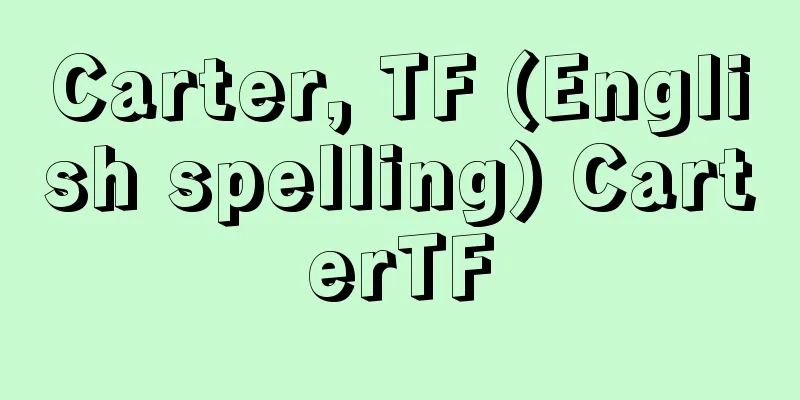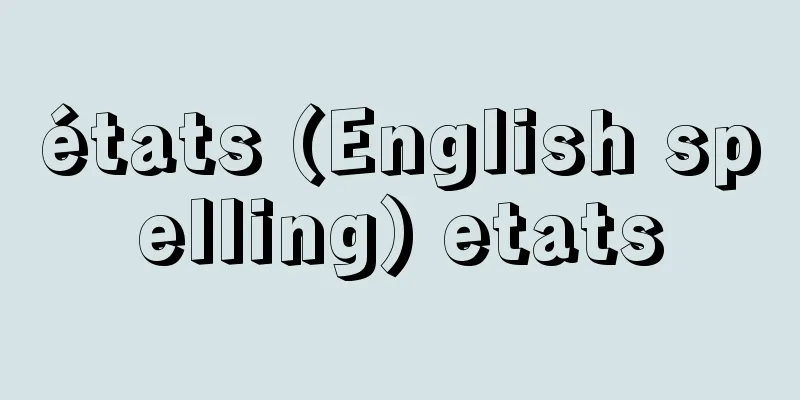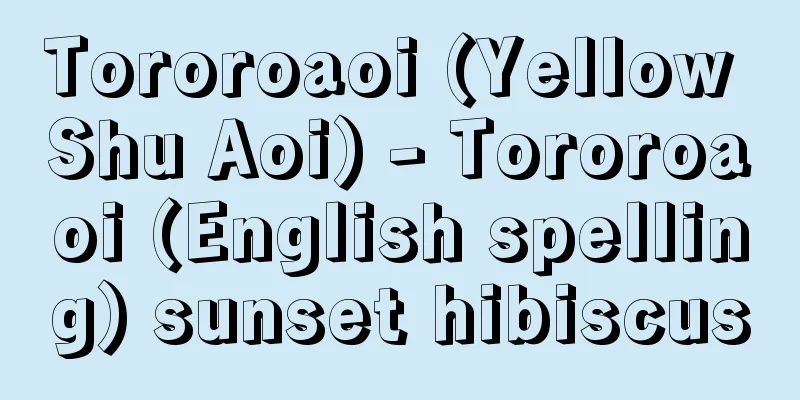Acts in matters of state

|
Under the old constitution, the Emperor was the sovereign and sacred and inviolable being. However, in the Constitution of Japan, the Emperor remains in his position as the symbol of the State and the unity of the Japanese people (Article 1) and "shall have no powers related to government" (Article 4). Acts of state are acts related to state affairs that are permitted to the Emperor, and are stipulated in Articles 6 and 7 of the Constitution. Specifically, these include appointing the Prime Minister and the Chief Justice of the Supreme Court, promulgating amendments to the Constitution, laws, cabinet orders, and treaties, convening the Diet, dissolving the House of Representatives, publicly announcing the execution of a general election, appointing and dismissing ministers and other legally designated officials, attesting full powers and letters of credentials of ambassadors and ministers, attesting pardons, granting honors, attesting instruments of ratification and diplomatic documents, receiving foreign ambassadors and ministers, and performing ceremonies. These acts in matters of state are not performed voluntarily by the Emperor based on his free will, but are formal and ceremonial acts that require the advice and approval of the Cabinet, and therefore the Cabinet bears responsibility for them (Article 3 of the Constitution). Furthermore, if a regent is appointed as provided for in the Imperial House Law, the regent will perform acts in matters of state in the Emperor's name (Article 5 of the Constitution). Furthermore, in accordance with the provision of Article 4, paragraph 2 of the Constitution, which states that the Emperor may delegate acts in matters of state as provided for by law, the Law Concerning the Temporary Performance of Acts in Matters of State (Law No. 83 of 1964) was enacted, and in the event of a mental or physical illness or accident, except in cases in which a regent should be appointed, acts in matters of state can be delegated to a member of the Imperial family who is of the same rank as the regent and performed on his behalf, based on the advice and approval of the Cabinet (Article 2 of the same Law). [Yasuji Hata] [Reference] |Source: Shogakukan Encyclopedia Nipponica About Encyclopedia Nipponica Information | Legend |
|
旧憲法上、天皇は主権者であり神聖不可侵の存在であった。しかし、日本国憲法においては、天皇は日本国および日本国民統合の象徴(1条)としての地位にとどまり、「国政に関する権能を有しない」(4条)。国事行為とはこのような天皇に認められている国家的事務に関する行為をいい、憲法第6条および第7条に規定されている。具体的には、内閣総理大臣および最高裁長官の任命、憲法改正・法律・政令・条約の公布、国会の召集、衆議院の解散、総選挙施行の公示、大臣および法律の定める官吏の任免や全権委任状および大使・公使の信任状の認証、恩赦の認証、栄典の授与、批准書や外交文書の認証、外国の大使・公使の接受、儀式を行うことなどである。 この国事行為は、天皇の自由意思に基づく自発的なものでなく、内閣の助言と承認を必要とする形式的・儀礼的行為であるから、その責任は内閣が負うことになる(憲法3条)。なお、皇室典範の定めるところによって摂政(せっしょう)が置かれる場合には、摂政は天皇の名において国事行為を行う(憲法5条)。また、天皇は法律上の定めるところにより、国事行為を委任することができるとの憲法第4条2項の規定を受けて「国事行為の臨時代行に関する法律」(昭和39年法律83号)が制定されており、天皇に心身上の疾患または事故があるときには、摂政を置くべき場合を除き、内閣の助言と承認に基づき、国事行為は摂政となるべき順位の皇族に委任して代行させることができる(同法2条)。 [畑 安次] [参照項目] |出典 小学館 日本大百科全書(ニッポニカ)日本大百科全書(ニッポニカ)について 情報 | 凡例 |
>>: Murder at Kuroshi Castle - Murder at Kuroshi Castle
Recommend
Impoverishment theory debate
The theory that the development of a capitalist e...
Mr. Houshi
To expel a clan member from the clan to which he ...
Alaya-vijnana - Alaya-vijnana
…An'ye's theory is called "formless ...
Salviati, Cecchino
Born: 1510. Florence Died November 11, 1563. Itali...
Alpha-keto acid - Alphaketo
…Ketone acids are also called ketonic acids or ke...
Nouso ruins
Located in Nosho-cho, Tsu City, Mie Prefecture, ex...
Rurikei
A valley in Nantan City, western Kyoto Prefecture...
Navigation System with Time and Ranging Global Positioning Satellite
...Due to inaccuracies that occur in gyros and ac...
Raman
Indian physicist. His father was a mathematics an...
Lantern - Gandou
It is also written as Gandou (robber). It is an a...
Belgium - Kingdom of Belgium
A constitutional monarchy in northwestern Europe....
Anmokuji - Anmokuji
…A member of the Paris Foreign Missions Society o...
Ding Wèi (English spelling)
966‐1037 A prime minister during the Zhenzong peri...
Pectin
It is a type of non-cellulosic polysaccharide pec...
Chronic nonspecific lung disease
...As a result of joint research by scholars from...




![West Bengal [State] - West Bengal (English spelling)](/upload/images/67cc6d48c9b79.webp)




